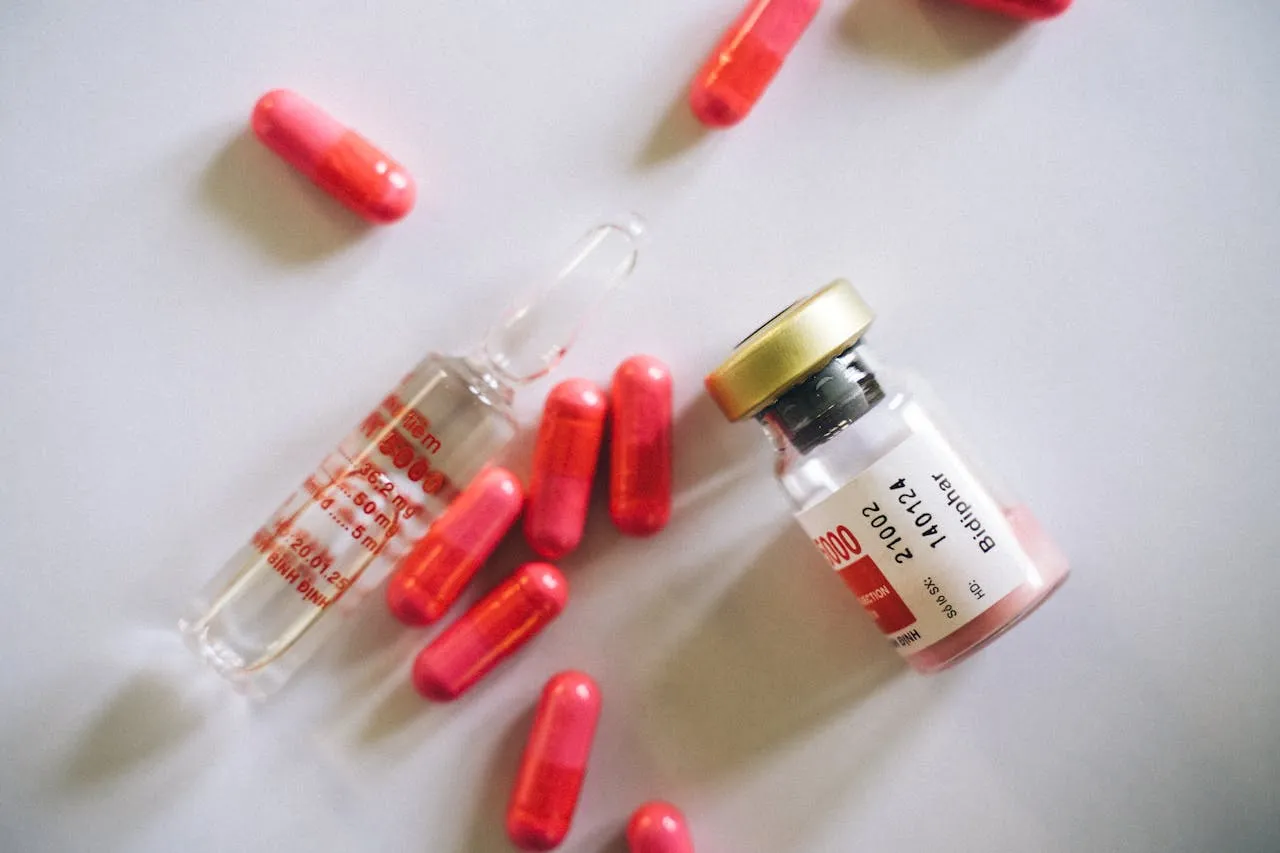
Sirius Therapeutics has announced promising preliminary results from its Phase 1 first-in-human clinical trial of SRSD107, a next-generation siRNA therapeutic under development for the prevention and treatment of thromboembolic disorders. These include conditions such as myocardial infarction, ischemic stroke, and venous thromboembolism. The trial data were showcased during a poster session at the 66th American Society of Hematology (ASH) Annual Meeting and Exposition in San Diego, California.
SRSD107 is designed to target and inhibit Factor XI (FXI), a key protein in the coagulation pathway. By selectively reducing FXI levels, the drug aims to lower the risk of thrombosis without significantly increasing the risk of bleeding, a common and serious side effect of existing anticoagulants.
In this trial, SRSD107 demonstrated a favorable safety profile and was well-tolerated, with pharmacokinetics consistent with other siRNA therapies,” stated Dr. Patrick Yue, Chief Medical Officer of Sirius Therapeutics. “We are particularly encouraged by the significant and sustained reduction in FXI antigen and activity levels, as well as the marked increase in thromboplastin time (aPTT). These results indicate robust anticoagulation with a potentially reduced bleeding risk. The findings provide a strong foundation for advancing into Phase 2 clinical studies.”
Dr. Qunsheng Ji, CEO of Sirius Therapeutics, emphasized the importance of these findings, saying, “The presentation of this data at ASH 2024 highlights our commitment to developing innovative therapies for thromboembolic disorders. SRSD107’s performance in this study strengthens our confidence in its potential as a groundbreaking treatment.”
The Phase 1 study was a single-site, randomized, double-blind, placebo-controlled trial conducted to evaluate the safety, tolerability, pharmacokinetics (PK), and pharmacodynamics (PD) of SRSD107. The trial included 40 healthy participants divided into five cohorts, each comprising eight subjects. Participants were administered either a single dose of SRSD107 or a placebo.
Key findings from the trial include:
- SRSD107 was safe and well-tolerated at all dose levels.
- Significant pharmacodynamic effects were observed, including reductions in FXI antigen and activity exceeding 90% at the highest doses.
- Thromboplastin time (aPTT) increased by over 100%, corresponding to an aPTT ratio greater than 2.0.
- The pharmacodynamic effects were long-lasting, with FXI antigen and activity levels remaining suppressed for more than 16 weeks following dosing.
These results underscore SRSD107’s potential as a long-acting anticoagulant capable of effectively managing thromboembolic risks while minimizing bleeding complications.
The study, titled “A Phase 1, Single Ascending Dose Study to Evaluate the Safety, Tolerability, Pharmacokinetics, and Pharmacodynamics of Subcutaneously Administered SRSD107 in Healthy Subjects,” represents a significant milestone in Sirius Therapeutics’ clinical development program.





